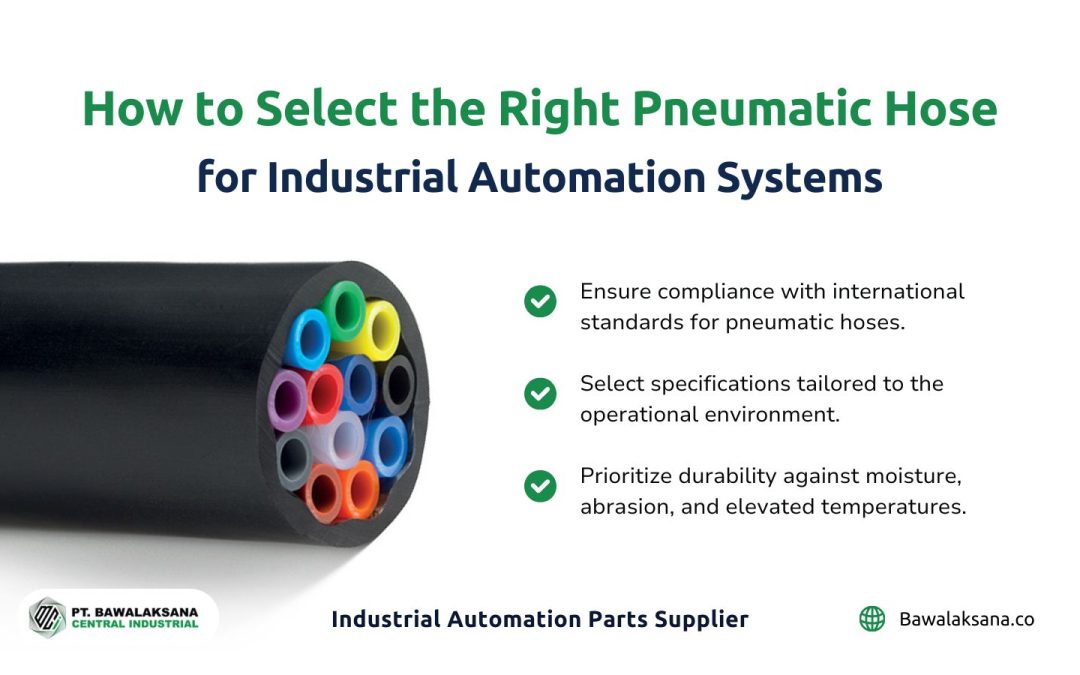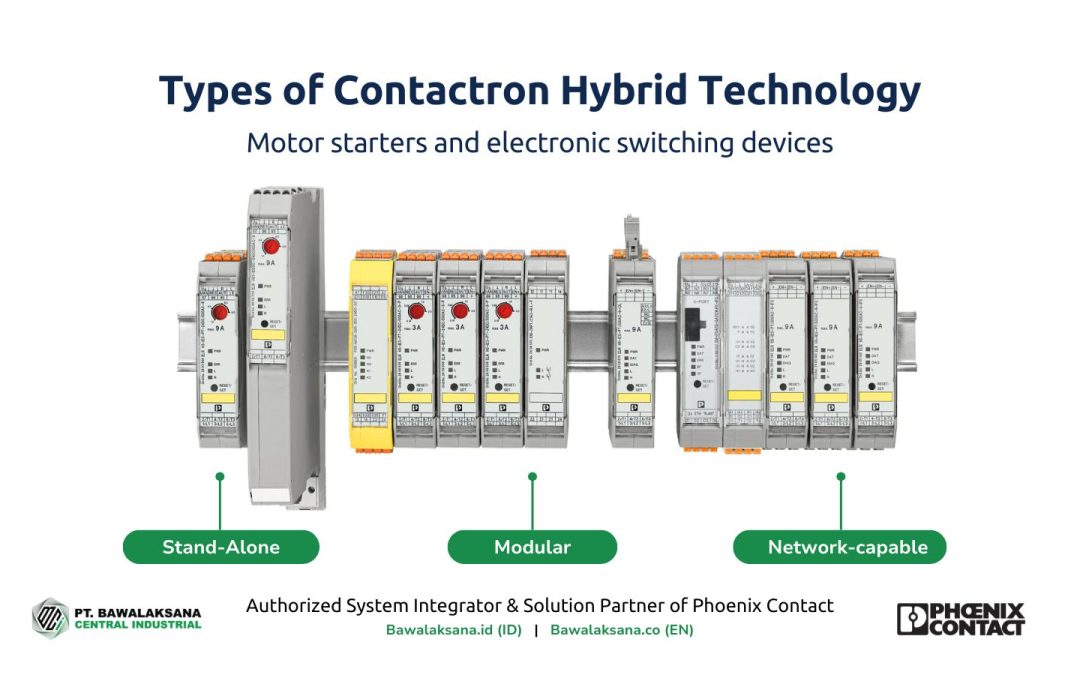PVC hoses have become a staple in various commercial sectors, particularly within the food and beverage (F&B) industry. While PVC products are ubiquitous in our daily lives, many people remain unaware of the serious health risks associated with DEHP in these hoses.
In this brief article, the Bawalaksana team seeks to shed light on the dangers of DEHP in PVC and the need to transition to safer, more sustainable alternatives.
What Exactly is DEHP?
DEHP, or Di-(2-ethylhexyl) phthalate, is a synthetic organic compound in the category of phthalate plasticizers. These compounds are added to PVC (polyvinyl chloride) to enhance flexibility.
As noted by Kemenperin.go.id, phthalates, or phthalate esters, are commonly used chemicals that improve plastic materials’ flexibility, transparency, and durability. Phthalates are found in many everyday products, including plastic packaging, children’s toys, cosmetics, paints, and medical equipment.
Phthalate esters come in various forms, featuring different molecular weights. The following table illustrates the different types of phthalate metabolites available.
| Type of Phthalate | Abbreviation | |
| Low Molecular Weight | – Dimethyl phthalate – Diethyl phthalate – Dibutyl phthalate | – DMP – DEP – DBP |
| High Molecular Weight | – Benzylbutyl phthalate – Di-2-ethylhexyl phthalate – Di-n-octyl phthalate – Di-isononyl phthalate – Di-isodecyl phthalate | – BzBP – DEHP – DOP – DiNP – DiDP |
How Harmful Are Phthalates to Human Health?
Today, people are exposed to phthalate compounds in numerous ways, as these substances are prevalent in many products. These include:
- Polyvinyl chloride (PVC) products
- Industrial tubing used in production automation systems in the food and beverage manufacturing sector
- Everyday personal care items, such as perfumes, colognes, face creams, lotions, and children’s shampoos
- Medical equipment like endotracheal tubes, umbilical catheters, intravenous tubing, IV fluid bags, parenteral nutrition bags and tubes, and urinary catheters
- Pharmaceutical coatings for medications such as theophylline, omeprazole, mesalamine, and didanosine
- Food packaging materials
- Children’s toys
- Adhesives
- Raincoats
- PVC ceiling panels
- Other vinyl products
Next, we will explore the health risks associated with exposure to phthalates:
Breast Cancer and Hormonal Disruption
A brochure from Kemenperin highlights that phthalate compounds may play a role in the onset of breast cancer and can disrupt the function of endocrine hormones. These hormones are crucial for maintaining metabolic balance, growth, and reproductive health.
Health Risks for Infants and Children
Research on the effects of phthalates on the health of infants and children has been ongoing for nearly 40 years, as noted by Alomedika.
Numerous studies indicate that exposure to phthalates can hinder growth and development. This includes impacts on cognitive function and language skills and an increased risk of behavioral disorders.
Kemenperin’s brochure references a significant 2009 study published in the Journal of Pediatrics, which found a link between prenatal exposure to phthalate esters and low birth weight in newborns.
Additionally, that same year, researchers from South Korea reported a strong connection between phthalate levels in children’s urine and symptoms of ADHD (Attention Deficit Hyperactivity Disorder), which were evidenced by excessive and abnormal motor activity in children.
Triggers for Elevated Blood Glucose and Reduced Insulin Sensitivity
Research from the US National Library of Medicine suggests that phthalate exposure has a more noticeable impact on women and individuals with darker skin tones. This exposure can lead to glucose imbalances, causing blood sugar levels to rise by as much as 5.82 mg/dL.
Another study, “Racial and Ethnic Variations in Phthalate Metabolite Concentrations across Pregnancy,” demonstrated that phthalate esters could disrupt insulin sensitivity, with potentially more severe effects observed in specific population groups.
How Do Phthalates Enter the Human Body?
Many individuals may not be aware that phthalate compounds can enter our bodies through various pathways, including oral ingestion, skin contact, and inhalation.
Phthalates can enter the body orally when we consume food or beverages contaminated by PVC-based plastic packaging. They can also happen inadvertently when young children put objects in their mouths.
Dermal exposure occurs when skin comes into contact with personal care products such as lotions, shampoos, or cosmetics that contain these compounds.
Phthalates can be unintentionally inhaled from contaminated air through inhalation, including household dust or vapors released by PVC materials such as vinyl flooring or ceiling panels.
Due to these multiple routes of exposure, phthalates are often found in various bodily fluids, including urine, blood, breast milk, and even amniotic fluid in fetuses. This indicates that exposure to phthalate plasticizers can begin even before birth, as they can pass through the placental barrier. This concern is discussed in an article by Alomedika titled “Beware of Phthalate Exposure in Children.”
Understanding Phthalate Compounds in PVC Hoses
It’s essential to recognize that during polyvinyl chloride (PVC) production, DEHP and other phthalate compounds are frequently incorporated to boost the material’s flexibility and durability. Pure PVC tends to be stiff and brittle; therefore, adding plasticizers like phthalates makes the material more robust and longer-lasting. These additives enhance flexibility and improve transparency, durability, and the product’s overall lifespan.
The Significance of Non-DEHP (Phthalate-Free) PVC Hoses in the Food and Beverage Industry
PVC hoses have gained immense popularity in the Food and Beverage (F&B) industry, mainly due to their affordability and exceptional durability. These hoses are trusted for various applications across various sectors, particularly in F&B manufacturing. However, as previously discussed, the phthalate compounds present in traditional PVC products pose serious health risks.
Given the crucial role of PVC hoses in the industry and their potential dangers, there is an increasing demand for phthalate-free (non-DEHP) options. Fortunately, high-quality, durable, non-DEHP PVC hoses are now widely available.
One of the top picks in this category is the Reinforced PVC and Crystal PVC hoses from Mebra Plastik Italia. Both products are phthalate-free and safe for food-contact applications, providing a reassuring level of safety.
Here are some standout benefits of the non-DEHP PVC hoses from Mebra Plastik Italia:
- Competitive pricing
- Exceptional flexibility
- Odorless
- Low friction coefficient
- Temperature resistance up to 200°C
- Inner diameter sizes available up to 50 mm
- Strong chemical resistance
With these advantages in mind, there’s no reason for F&B companies to shy away from adopting the non-DEHP PVC hose products mentioned above.
In light of the current phthalate exposure crisis, transitioning to safer, high-quality alternatives is not just a business decision but a moral obligation.
Opting for non-DEHP (phthalate-free) PVC hoses shows a commitment to public health and reflects a moral obligation that we must uphold.
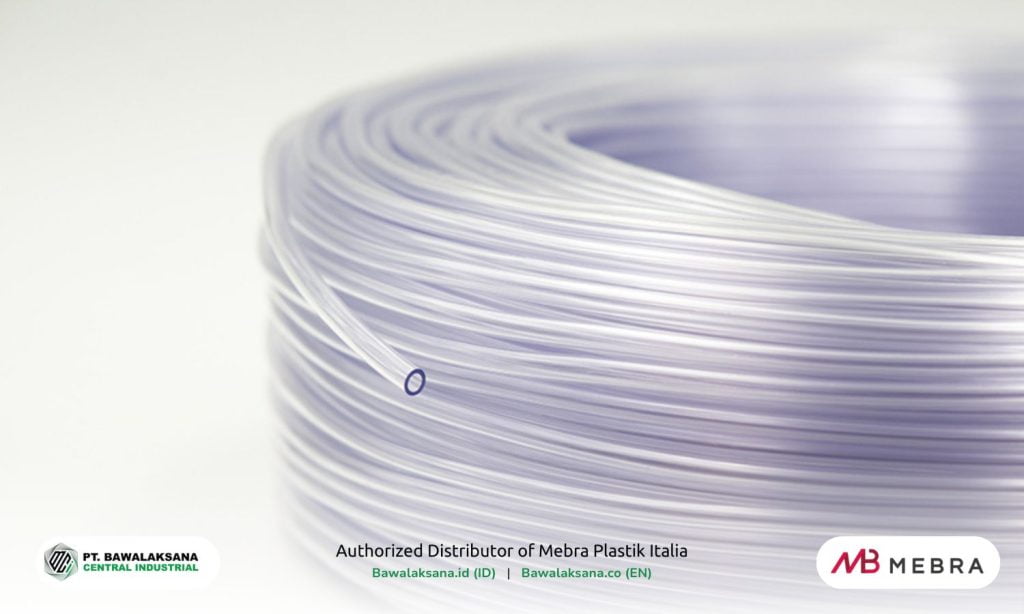
PT. Bawalaksana Central Industrial is deeply committed to safeguarding public health by actively working to reduce phthalate exposure in humans. As part of this mission, we offer a range of high-quality, durable, non-DEHP PVC hose products designed for safety and performance.
We are proud to be the authorized distributor for Mebra Plastik Italia, a company renowned for its expertise in producing non-DEHP tubing. With over 50 years of experience in the industry, Mebra Plastik Italia is a trusted name, ensuring that our products meet the highest standards of quality and reliability.
Our offerings extend beyond non-DEHP hoses; we provide a comprehensive selection of industrial tubing and pneumatic hoses tailored for automation systems across various sectors, including food and beverage (F&B), pharmaceuticals, automotive manufacturing, and many more. This diverse range means that we can meet the unique needs of different industries, ensuring safe operations and compliance with health regulations.
If you are looking for premium-quality, non-DEHP PVC hoses for your projects, you have come to the right place. Our dedicated Sales Engineer team is ready to provide detailed information on our product offerings and how they can benefit your operations.
Don’t hesitate to reach out! Click the contact button below to connect with our professional team and receive the best possible offer tailored to your needs. Your path to safer, high-quality tubing solutions starts here.
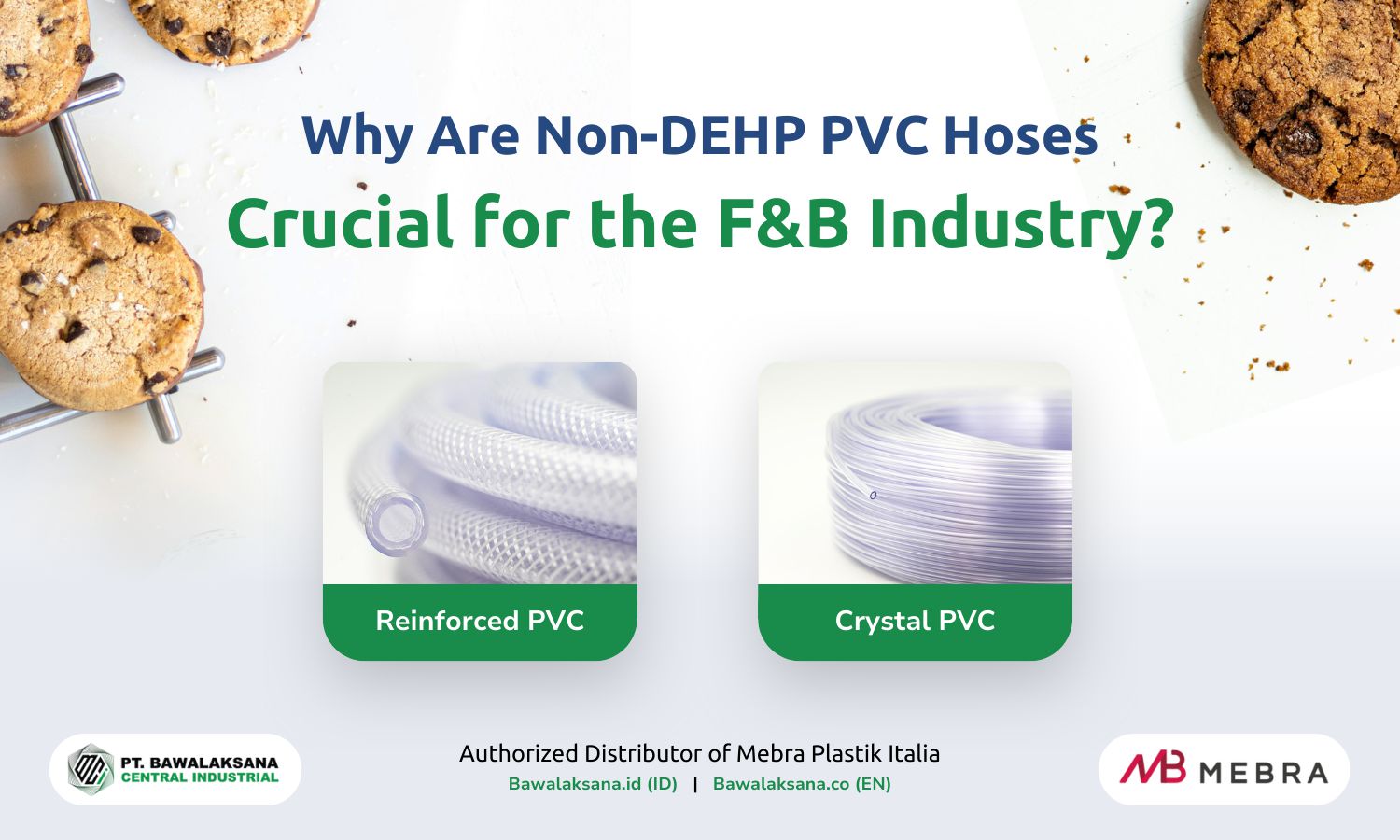
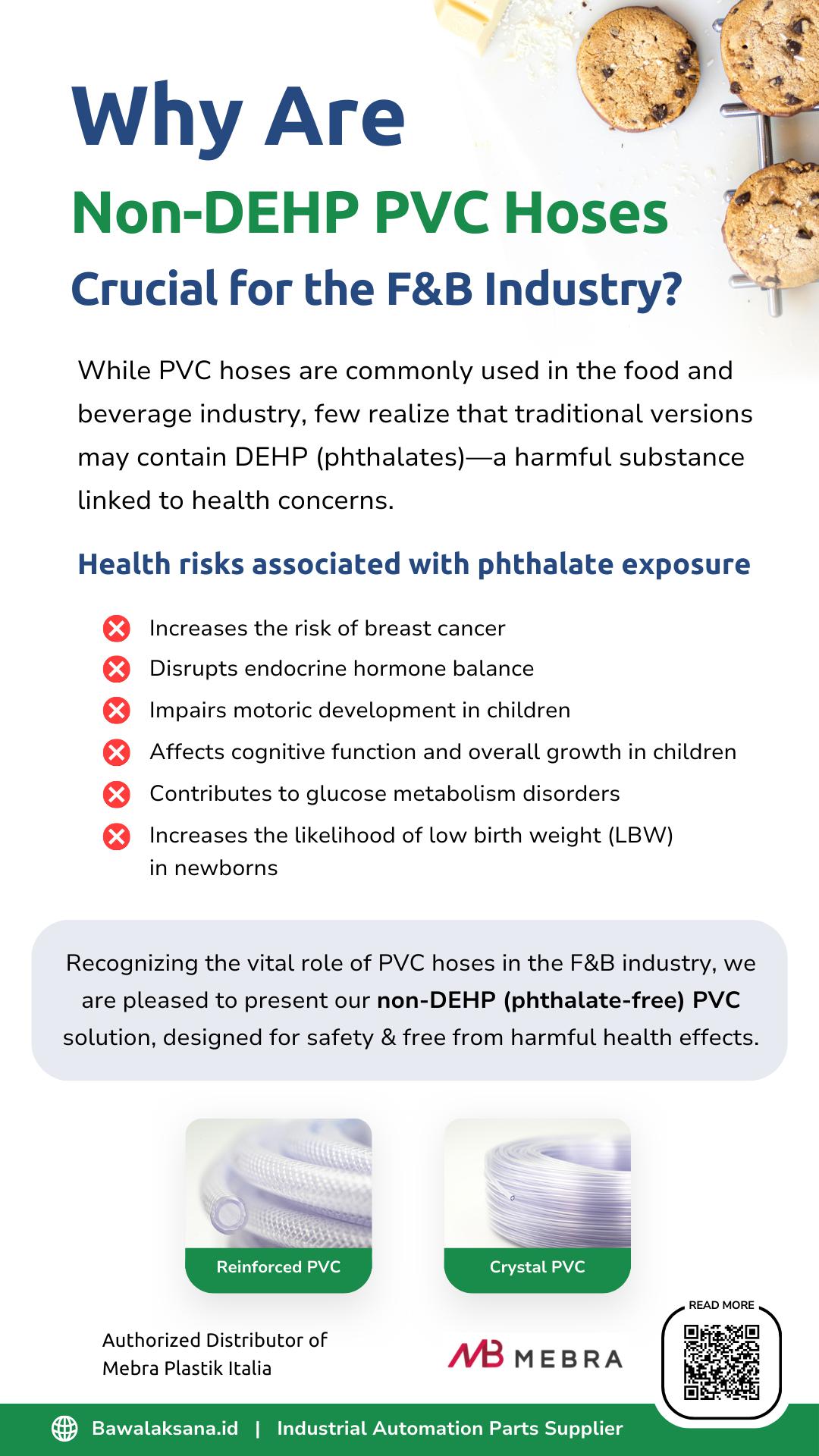
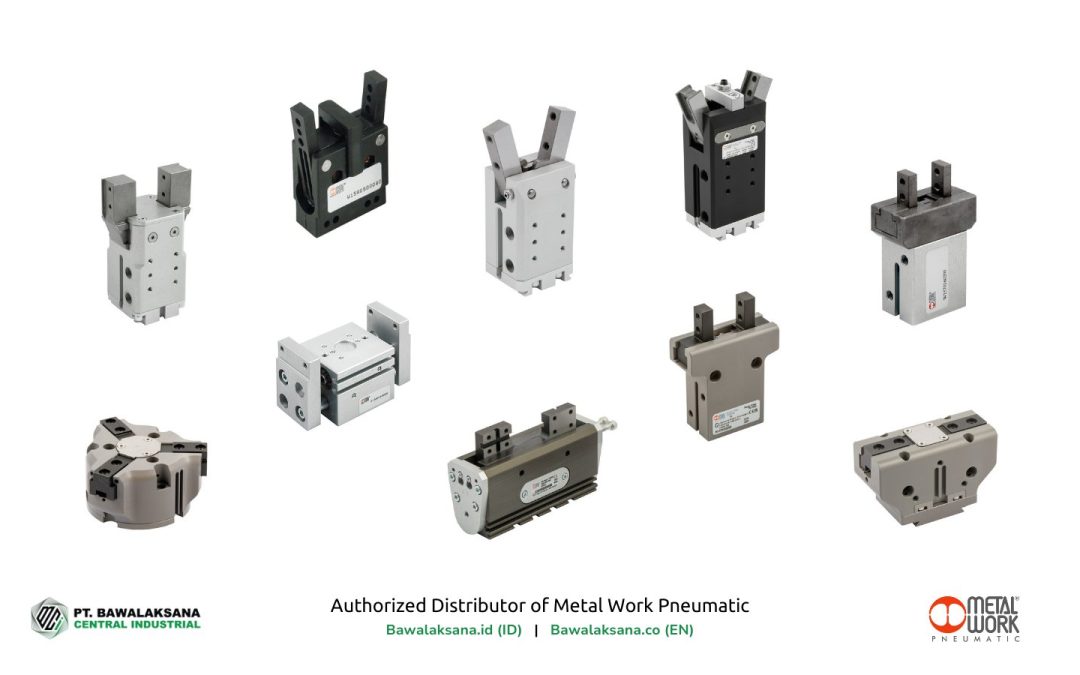
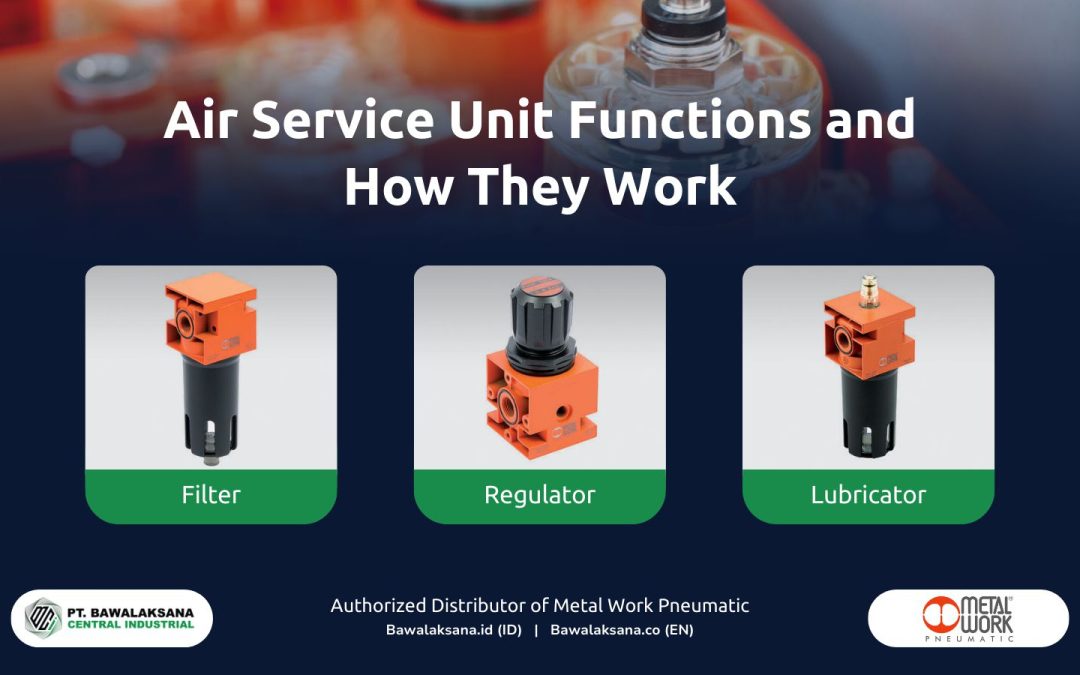
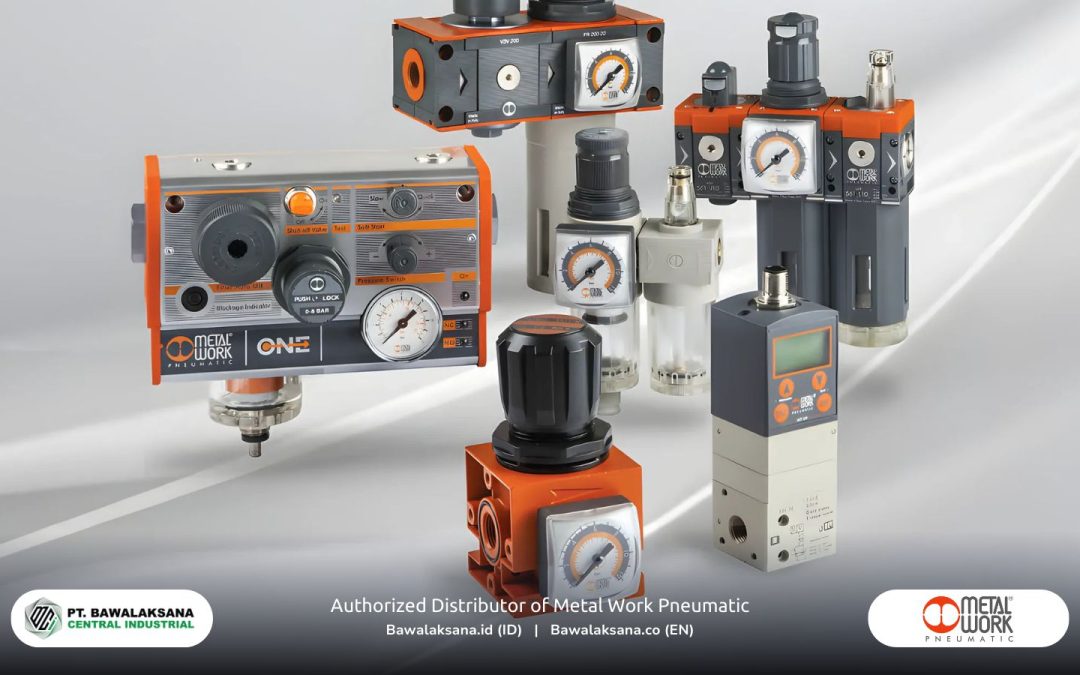

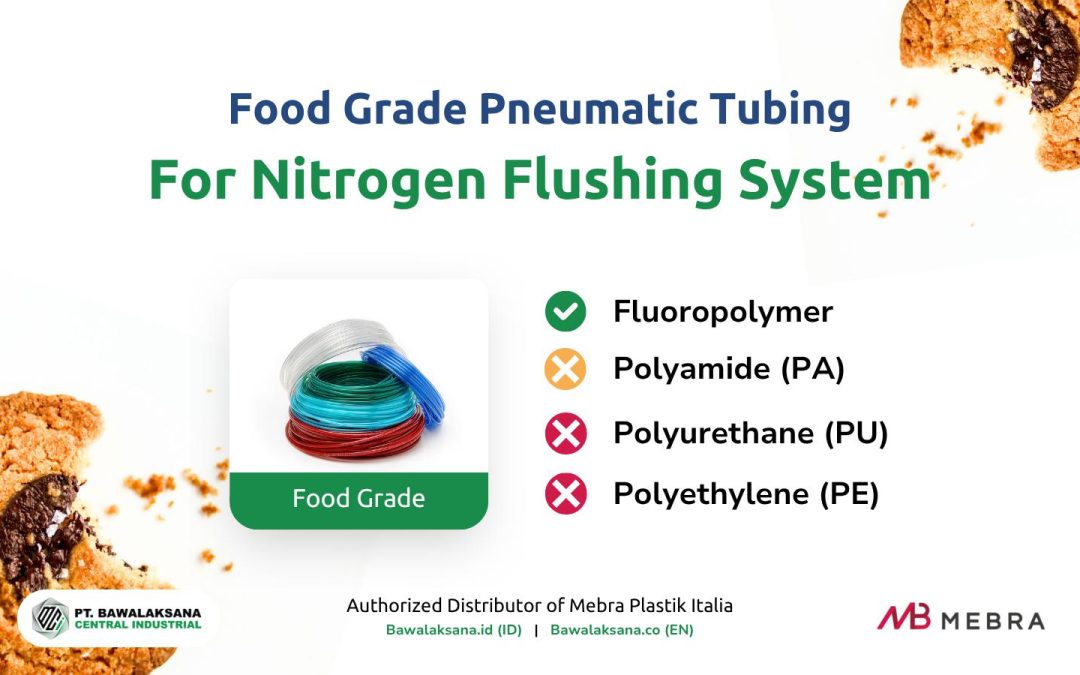
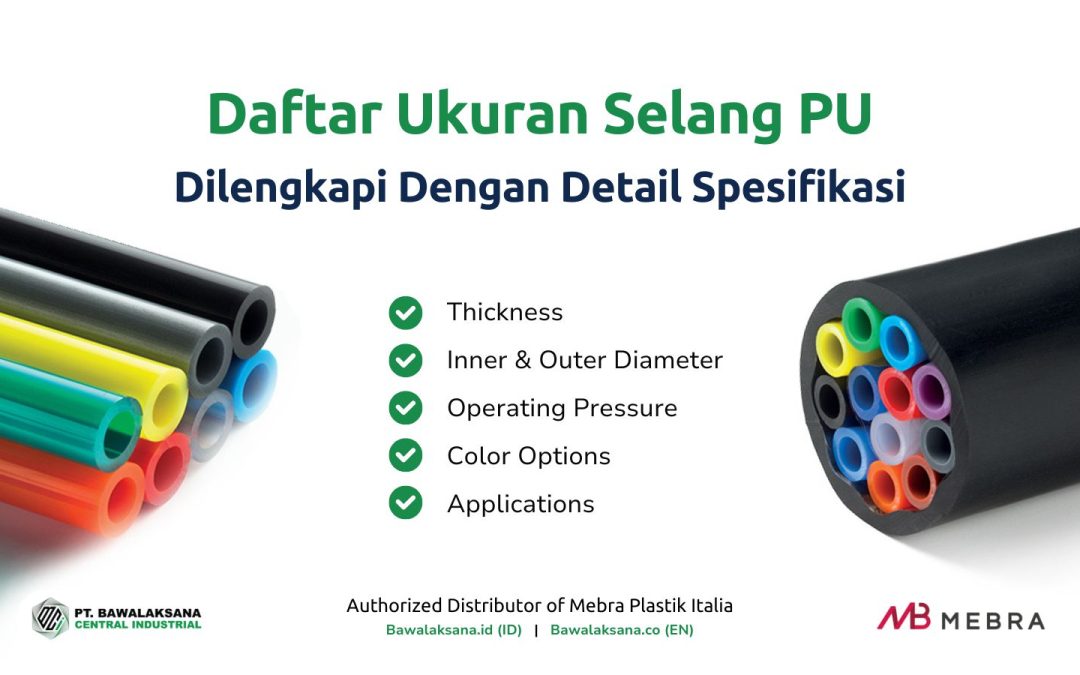
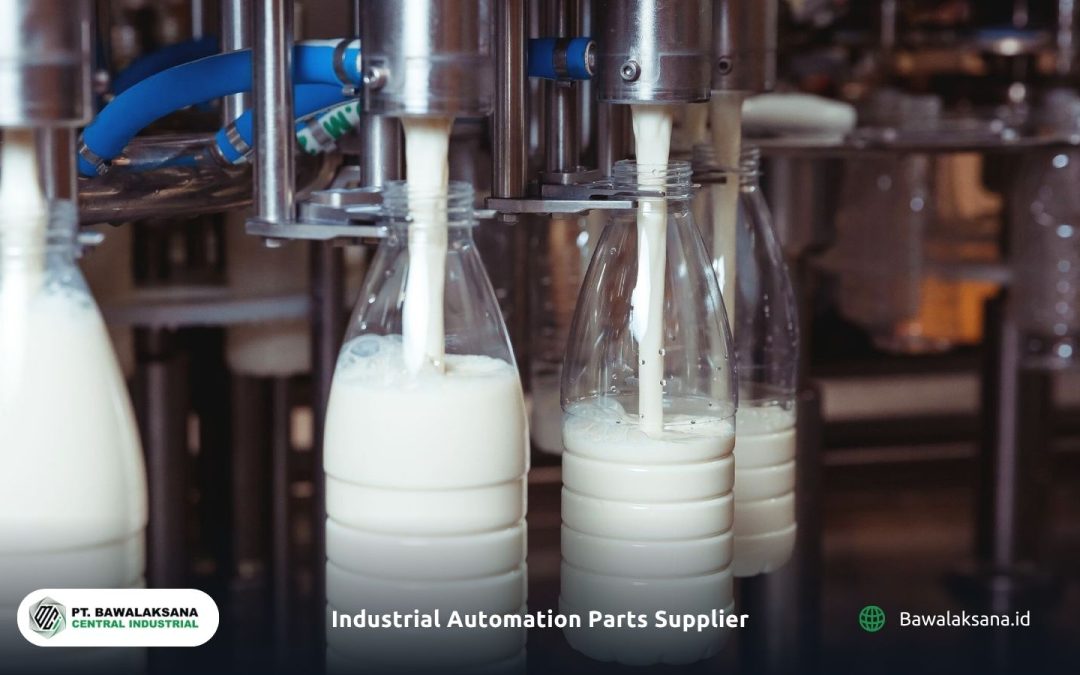
![10+ Examples of Pneumatic Tools in Daily Life and Industry [2025]](https://bawalaksana.co/wp-content/uploads/2025/05/Sandblasting-large-diameter-pipes-to-remove-surface-contaminants-1080x675.jpg)
